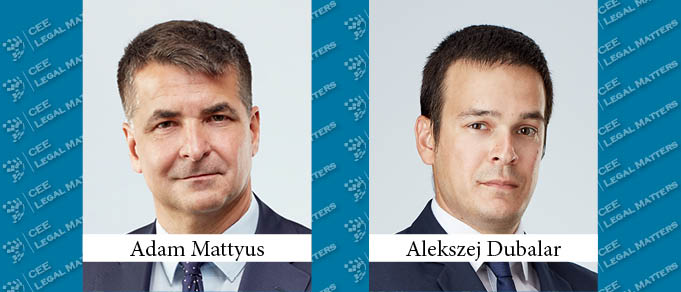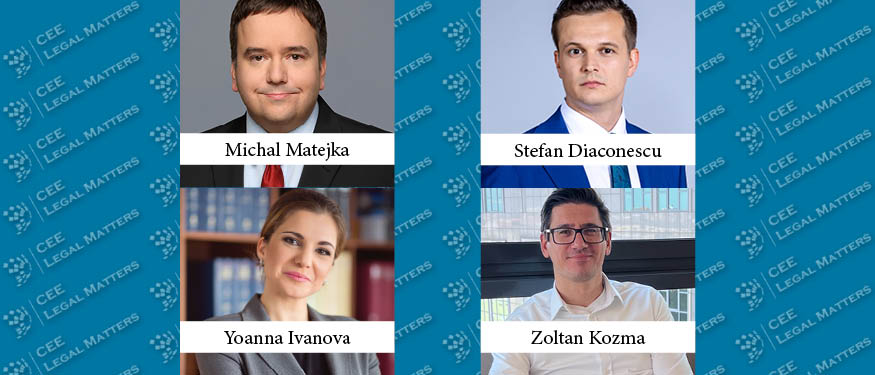The Hungarian government has introduced an extra tax of 65% on particular turnover of energy producers from renewable sources.
Legislative and Regulatory Background
The introduction of an extraordinary tax by government decree is permitted by the state of emergency that the Hungarian government introduced in May 2022, as a result of the war in Ukraine. However, it is important to emphasize that the extra tax only applies to renewable energy producers that have switched to or started selling their electricity on the open market, instead of through a government-sponsored purchase scheme.
In Hungary, there are three state support systems to encourage investments in renewable energy: KAT, METAR-KAT, and METAR Premium. Through these state subsidies, the investor has been guaranteed that the electricity generated by the renewable power plant would be purchased at a fixed – so-called mandatory – purchase price for the long term. However, due to the recent significant increase in electricity prices, the sale of electricity on the market (i.e., outside the state subsidy scheme) has become much more profitable and, as a result, many electricity generators have left the state subsidy system and started selling electricity on the open market. In addition, due to high market prices, a number of new projects eligible for government subsidies did not start accessing the government subsidy scheme and sold their electricity on the market.
Who Pays?
According to the new government decree, entities that exit the state subsidy system in 2022 or 2023 and those entities that start their commercial activities in these two tax years – but do not conclude the agreement required to receive KAT, METAR-KAT, or METAR Premium – are required to pay an additional tax. Producers that ceased participating in the state subsidy system before 2022 are not subject to this extraordinary tax.
The law appears to be retroactive to the beginning of 2022 with respect to exiting the government subsidy system, but does not apply to power plant units smaller than 0.5 megawatts or power plants generating electricity using solid biomass.
The tax base on which this extraordinary tax of 65% is payable is the difference between the mandatory purchase price and the actual market price.
The electricity producer is required to establish and pay this extraordinary tax before the 20th day of the month following the relevant month, in accordance with a form prepared by the Hungarian tax authority. For each month of the period from January 1, 2022, to July 1, 2022, the special tax shall be determined, declared, and paid by the producer by September 20, 2022. The tax liability in question only applies to 2022 and 2023.
Given that the sale of electricity outside the state aid system is subject to the so-called “Robin Hood income tax,” with a tax burden of 31% for several years, any contemplated exit from the state aid system, together with the new extra-profit tax, results in an extremely heavy tax burden. The new tax type is also particularly disadvantageous in relation with an amendment that entered into force on January 1, 2022, according to which it is prohibited the return to the state subsidy system within 12 months for producers that had previously left the KAT or METAR-KAT systems and switched to selling on the open market. At the time, the amendment was introduced to avoid significant speculation associated with frequent switching between state-subsidized and market sales. It now also prohibits producers from returning to the state aid system for 12 months to avoid this tax on “extra profits.” And, with an even more recent amendment, a producer that leaves the state subsidy system after May 31, 2022, cannot return to this system at all.
By Adam Mattyus, Partner, and Alekszej Dubalar, Senior Lawyer, Lakatos Koves and Partners
This Article was originally published in Issue 9.6 of the CEE Legal Matters Magazine. If you would like to receive a hard copy of the magazine, you can subscribe here.















